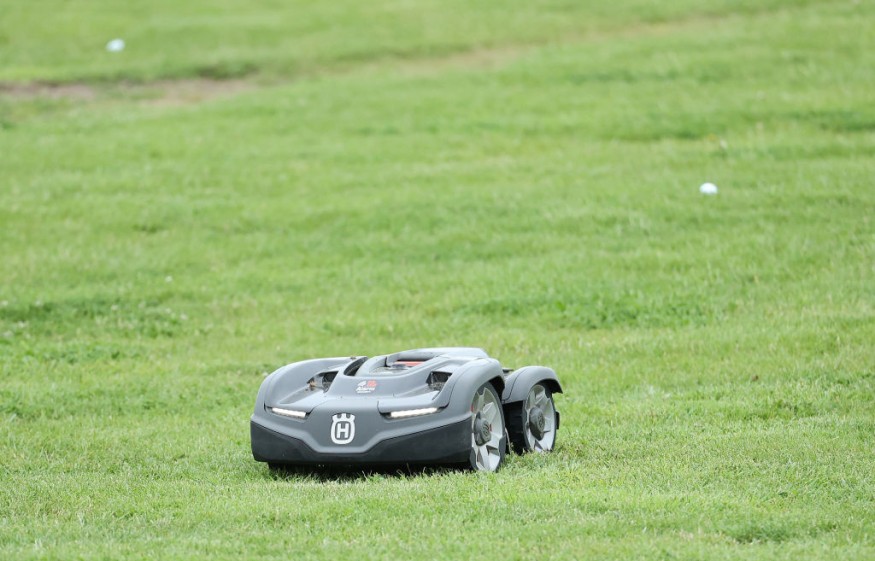
Sweden, by now known as an innovative country due to its 2045 net-zero objective, is extending its eco-credentials much farther.
The First Country in the World to Report Overseas Emissions
As shown in the latest report of Green Queen website, the nation has stated that it intends to include expenditure energy consumption in its aims, which no other nation has done. This implies that greenhouse gases from goods manufactured outside of Sweden and imported into the country would be introduced to the nation's GDP.
Customarily, countries have set net-zero sustainability goals based solely on pollutants released in their own frontiers. Sweden regards along with foreign emissions disclosing as a difficult but admirable endeavor.
The information will undoubtedly dear domestic environmental legend Greta Thunberg, whom have long advocated for consumption-based emission levels to be recognized and taken into account for.
A cross-parliamentary climate advisory board came up with a plan to incorporate consumption-based emissions in Sweden's overarching biocapacity. It arises as implementation of various advocated for broad adoption of ecological sustainability.
According to Karin Lexén, secretary-general of the Swedish Societal structure for Environmental Preservation, the incorporation of consumption emissions in Sweden's climate policies is ancient, and it is something that numerous organizations have collaborated towards for a while.
As of now, hardly a recommendation has been made for the criterion. Deployment will be more probable if concerns such as Sweden's manufacturing base, worldwide air transport, as well as shipment are ascertained.
A dearth of global formalization for the simulation analysis is anticipated to be a major hurdle. Environmentalists have acknowledged that unverified emissions disclosing from production methods is almost certain to have a negative impact on final outcome and mitigating efforts.
Sweden's decision to implement extensive energy consumption legal responsibility demonstrates its understanding, but it also put a spotlight on certain regions of the world that are avoiding the inherent problem.
The European Geosciences Union may know why other countries are hesitant to jump on board. According to the organization, products manufactured from one area for purchase in a whole other account for 22 % of worldwide greenhouse gas emissions. All whilst, the Global Carbon Project asserts that supplies account for up to 60% of Sweden's total emissions. The disclosure emphasizes the importance of the nation's efforts to cater for them.
Also read : NOAA - NWS Issues Fresh Warnings for Multi-Hazard Weather Conditions Across the United States Until Friday
Sweden's Ambitious Goals Towards Carbon Footprint
As informed by climatologist Zeke Hausfather to reporter from Climate Home News, by embracing this objective, Sweden will surely established a benchmark for addressing expenditure carbon output, and other European regions will abide proceedings.
Numerous different climatological researchers concur that no country will want to appear to be falling alone in the sport to net-zero emissions. But nonetheless, transgressive goal configuration and government bureaucracy foot-dragging must be avoided, as per Global Carbon Atlas.
According to reports, the recommendation review panel was swayed by a study from Chalmers University of Technology. According to investigators, the sole manner to comply with the Paris Agreement is to radically change buyer behavior. Purchasing renewable sources, eating as much plant-based meals, and driving less have all been discussed at length. Education and availability to options, on the other hand, will be critical.
Sweden certainly has made breakthroughs for along moment. In 2020, it was disclosed that a local supermarket was charging food depends on its carbon output to see whether shoppers might be persuaded to be more environmentally conscious premised on residential spending. IKEA began its journey to sustainable practices the same year, by establishing its first-ever secondhand retail outlet.
Oda, a Norwegian internet shopping boutique, finally agreed to adopt an assertive role to promoting awareness. To provide information on the implications of their food habits, the shop started publishing the carbon output of all products on shopper invoices. As per the seller, this resulted in a considerable decline in consumption for red meat as well as other climate-negative commodities.
Related article : New Jersey Is Preparing for Spring Big Pollen Blast While Warm Weather Will Strike Brighton Seaside
© 2025 NatureWorldNews.com All rights reserved. Do not reproduce without permission.





